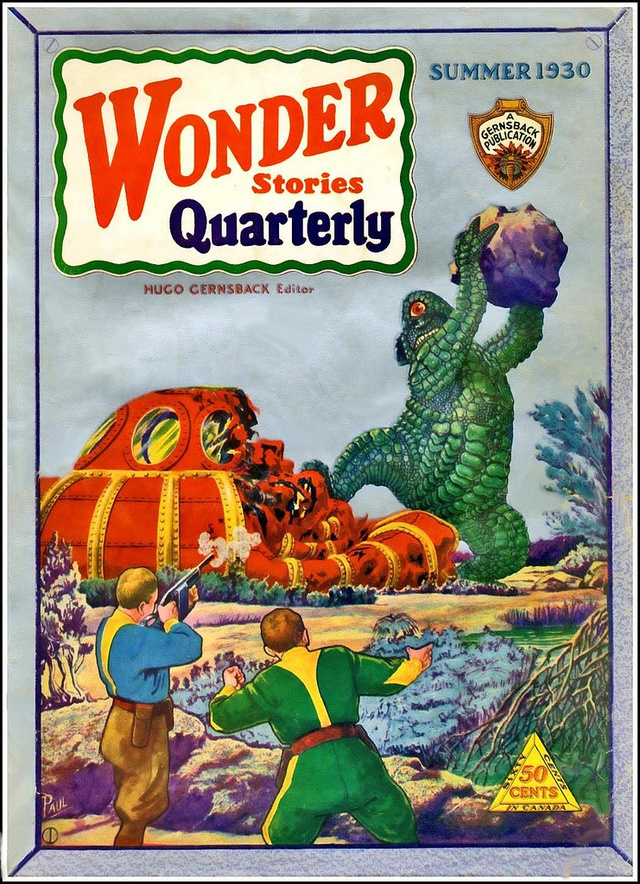
Tales of Wonder.

Haunting the Web Since 1999


Can’t Sleep Clowns Will Eat Me…The Smithsonian‘s Linda Rodriguez McRobbie looks into the history and psychology of scary clowns. “[P]erhaps as much as 2 percent of the adult population will have a fear of clowns. Adult clown phobics are unsettled by the clown’s face-paint and the inability to read genuine emotion on a clown’s face, as well as the perception that clowns are able to engage in manic behavior, often without consequences.”
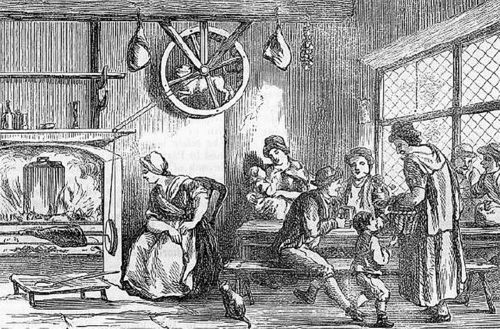
Time to raise Berk’s retirement age? By way of the re-designed Quiddity, which has tons of intriguing posts up at the moment, a curious history of dog-powered engines. “The last illustration displays a very unique, but now extinct, dog called the Turnspit…bred in Britain for hundreds of years to help with cooking and is the original ‘working dog.'”


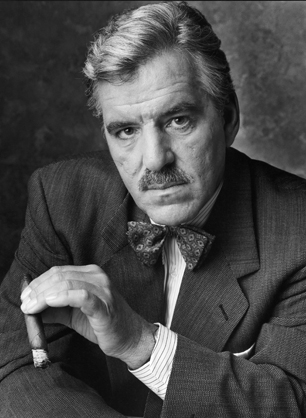
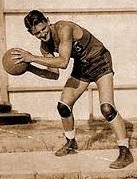
“Well I never knew it was a man’s world! I never accepted that. I thought I had an education just as good as a man’s. I deserve to have the same opportunities and advantages. So I antagonized a lot of people, but I fought for women’s rights and blacks’ rights and civil rights. Discrimination against women was very bad. There was no reason to accept discrimination. No reason.” Helen Thomas, 1920-2013.
“‘My personality was formed by Chicago,’ he told Cigar Aficionado magazine in 1999. ‘It’s very American, very straightforward. If you can’t find it, or make it there, you won’t make it anywhere. It’s a very honest place.'” Dennis Farina. 1944-2013.
“I was the Knicks’ third-leading scorer [8.1 ppg], I also finished third in the league in assist average [2.0], and my salary was 60 dollars per game. Ha! These days, the players make about sixty dollars a minute. Don’t get me wrong, though. I have no jealousy or resentment over how much money these guys make today. I think they’re the best athletes in the world, and they’re worth every red cent. I’m just proud to have been one of the NBA’s pioneers.” Ossie Schectman, 1919-2013.

Hello all. So after a month or so of significant work — hence, the relative quiet around these parts of late — I have followed up on my earlier promise/threat and transformed all 1200+ pages of my dissertation into Uphill All the Way, the online edition.
The text was actually already available online in PDF form through Columbia’s Academic Commons, which is one of the reasons I thought converting it for better HTML presentation was a good idea. Now, hopefully, one can peruse the chapters more easily (or someone can skip around to the parts they are interested in.)
I don’t know if this is reassuring or depressing, but reading through it all again over the past month and change, I was once again struck by how much of this story resonates with recent events. Long before the disappointment of the current administration, ostensible progressive Woodrow Wilson had cracked down on civil liberties and broken the heart of the world at Versailles. Before Bradley Manning and Edward Snowden, there was Eugene Debs and Sacco and Vanzetti. Before Austerity, there was Coolidge “Parsimony”. Before Katrina, the Great Mississippi Flood. Before Holder, Palmer. Before today’s continuing fight over evolution, Scopes. Before the recent news of forced sterilizations in California prisons, breaking just this past weekend, there was Buck v. Bell.
Instead of the Tea Party, there were 100% Americans and an Invisible Empire. Instead of fretting about “Obamacare” and “Kenyan Socialists,” conservatives rallied against the Sheppard-Towner Act and a Catholic in the White House. Instead of a War on Drugs, there was a Noble Experiment.
Then as now, civil liberties, corporate corruption, and immigration reform were major issues of the day. Then as now, the Supreme Court was a roadblock to positive change. Then as now, a culture of prosperity masked inequality and deep injustices in American life, and an ascendant business class aimed to leverage its considerable political influence to stamp out workers’ right to organize.
In the 1920s just as much as the 2010’s, progressives struggled to organize in opposition, and began to seriously question the two-party system. Then as now, many lost heart in the possibility of change. And, then as now, the push to make a more just and progressive America was, as always, Uphill all the Way.
Enjoy!

Seven score and ten years ago today, the Battle of Gettysburg began. “[F]rom these honored dead we take increased devotion to that cause for which they gave the last full measure of devotion –that we here highly resolve that these dead shall not have died in vain — that this nation, under God, shall have a new birth of freedom — and that government of the people, by the people, for the people, shall not perish from the earth.”

“Bob radiated a passion for justice, and with joyful fervor he inspired everyone around him to share his belief in, and commitment to working for, a more democratic and just society. Through a long and varied career, Bob took on many roles and causes – but all of the chapters in his remarkable life were connected by his essential decency, kindness and compassion.” Bob Edgar, former Congressman, campaign finance activist, and president of Common Cause, 1943-2013.

In similar news, and as seen in the comments of Charlie Pierce’s post on this subject, a dig in the center of London uncovers the ancient Roman city beneath. “The area has been dubbed the ‘Pompeii of the north’ due to the perfect preservation of organic artefacts such as leather and wood. One expert said: ‘This is the site that we have been dreaming of for 20 years.'”
Personal plug: If your interest was piqued by what I wrote about the 1924 Democratic Convention here, I was interviewed last week by Backstory on the MSG disaster for their episode on gridlock. (The segment I’m featured in starts at 33:30 — I’m the guy who sounds like Mike Mills from R.E.M. I should probably work on my radio skills.)
Also, FWIW, my dissertation is now downloadable as a PDF from Academic Commons. At some point, I’ll probably convert it here for easier web reading, like I have previous history writings — on Herbert Croly, Al Smith, Harvey Wiley, colonial taverns, William Borah, etc. But that’s a project that’s down the queue at the moment.
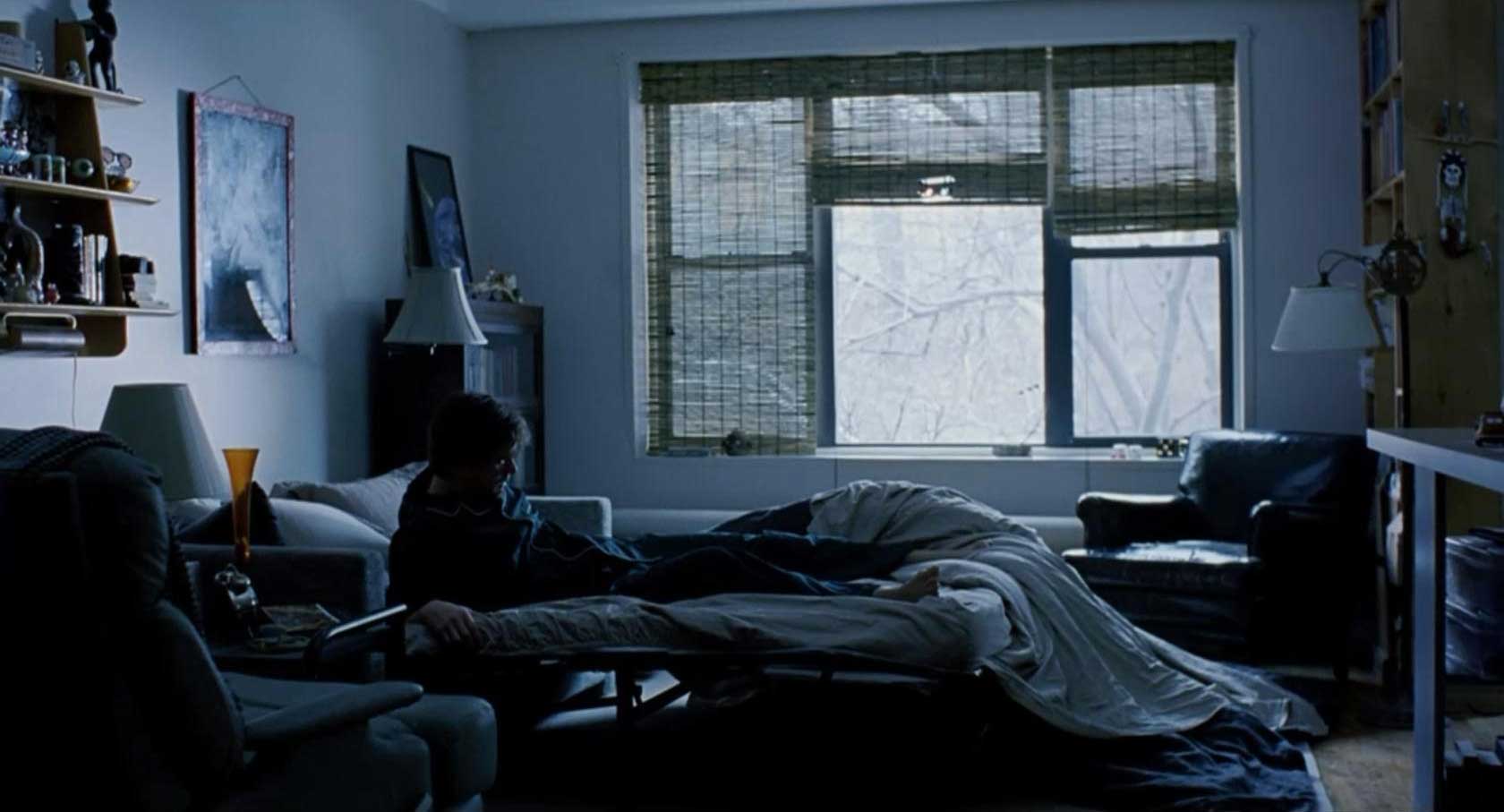
When you’re lying awake at night, it’s alright: BBC’s Stephanie Hegarty delves into pre-industrial sleep habits and discovers that eight hours of uninterrupted sleep may be a recent invention. “Much like the experience of Wehr’s subjects, these references describe a first sleep which began about two hours after dusk, followed by waking period of one or two hours and then a second sleep. ‘It’s not just the number of references – it is the way they refer to it, as if it was common knowledge,’ Ekirch says.”